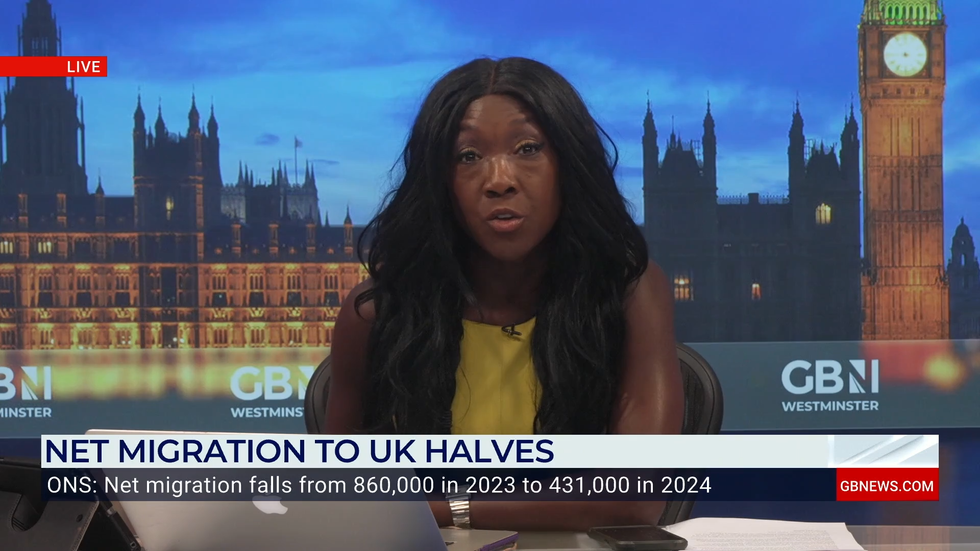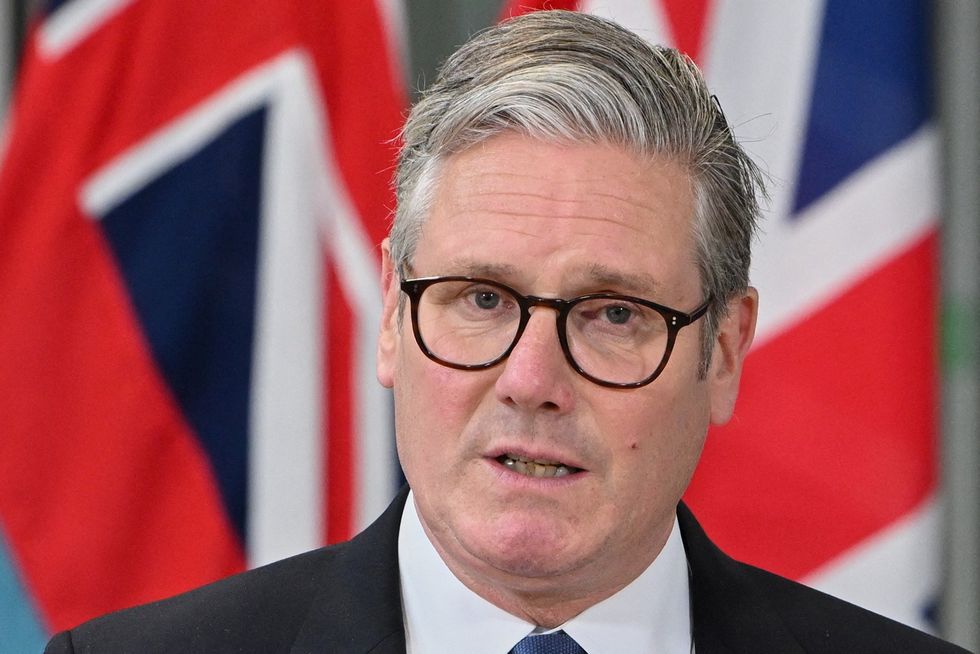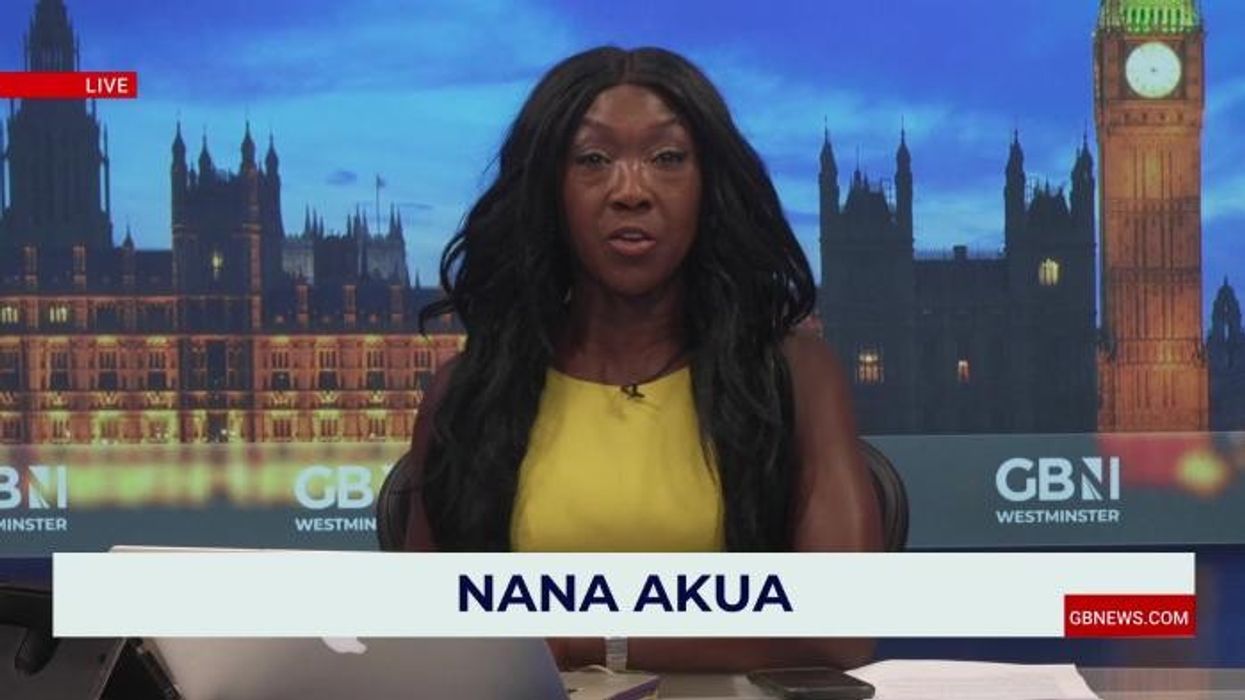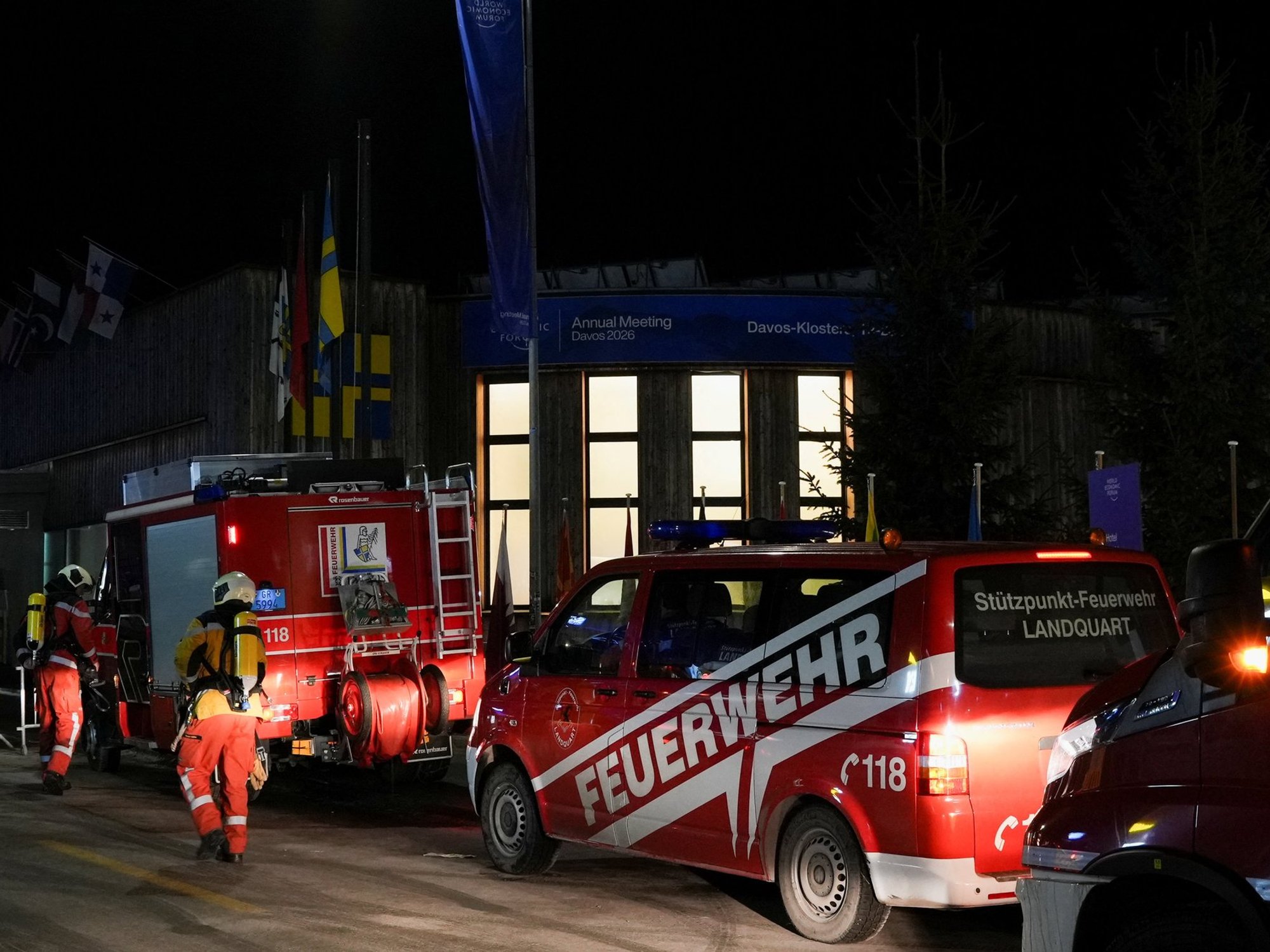'Britain is in the midst of an unprecedented immigration wave that is transforming the country,' says Nana Akua

OPINION: Nana Akua shared her views after net migration to the UK halved
Don't Miss
Most Read
Trending on GB News
The latest immigration numbers are out, and they paint a picture that should concern anyone who cares about the future of this country. Since 2020, Britain's population has grown by 2.65 million people through net migration alone.
Now, that is nearly four per cent of the population in just four years. Or, to put it another way, 1 in every 25 now living in Britain has arrived since 2020.
Last year, net migration stood at 431,000. That was down almost half from the year before, which was 860,000, yet still extraordinarily high by historical standards.
That's around 100,000 more than the figure at the time of the Brexit vote, nearly 80 per cent higher than the average during the 2010s. It's seven times the level we saw back in 1990.

Net migration has halved in the last year
|GB NEWS
Analysis also shows that this fall is largely attributable to the previous Conservative Government's measures put in place before the general election.
However, more importantly, cumulatively since 2010, the UK has seen over five million people added to its population through net migration, and more than half of that has occurred in just the past four years.
LATEST DEVELOPMENTS:
Another mind-blowing statistic, courtesy of the Centre for Policy Studies: of the 3.59 million migrants from outside Europe who arrived in Britain since 2010, just 571,000 did so as workers on work visas. So that's only 16 per cent, one of the biggest policy failures in British history.
Now, what does this actually mean for people living here? Well, let's talk about housing. Net migration has driven 94 per cent of the housing shortfall in England since 2013. And just to keep up with immigration since 2021, we would have to build an extra 1 million homes. But last year, we only built 218,000.
This is a fundamental failure of planning and a direct hit to young people and working families who are being priced out of both renting and owning a home.
And what's more, the type of migrants is shifting. Last year, 766,000 people came from outside Europe. They came from countries like Pakistan, Nigeria, and China.
That is compared to just 122,000 from within Europe. Yet of those from outside Europe, only 113,000 came as main work applicants the rest were students, relatives, dependents.
In fact, for every one skilled worker who arrived, more than one dependent came with them.
Now, let's be clear, not all immigration is bad. The UK has always welcomed people who contribute. But this isn't a high-skill, high-contribution migration model, and it's certainly not what the British public asked for. Polls show that 85 per cent of Brits want net migration at or below 100,000.
The Government says it's cracking down. Rishi Sunak pledged to stop the boats, and now Sir Keir Starmer says he'll smash the gangs. And yes, they've made some moves.
Raising salary thresholds for foreign workers, restricting student dependents, and pledging to end asylum hotels by 2029. But the numbers tell a very different story.
More than 800 migrants arrived by small boat in just one day this week the highest for this time of year. Yes, Labour has increased the number of asylum decisions by 50 per cent, and deportations have risen 12 per cent.

Net migration fell from 860,000 in the year to December 2023
| REUTERSBut the overall asylum backlog has grown, and we still have nearly 42,000 people waiting in the courts to appeal decisions.
So here's the truth. Despite the talk, despite the pledges, Britain is still in the midst of an unprecedented immigration wave one that is transforming the country demographically, straining our infrastructure, and deepening the disconnect between the public and the political class.
This is becoming, by some measures, the most demographically consequential decade in modern British history.
And yet, few in Westminster seem willing to speak plainly about what all that means.











